Importing Automotive Parts Worth Billions: A Comprehensive Guide to Practical Strategies and Risk Mitigation
This article provides an in-depth analysis of the core aspects and practical strategies for importing automotive parts into China, covering market demand, product category specifics, key control points in the import process, solutions to industry pain points, and risk management systems. Through case studies and forward-looking recommendations, it helps businesses mitigate risks, enhance supply chain efficiency, and adapt to changes in the global trade environment.
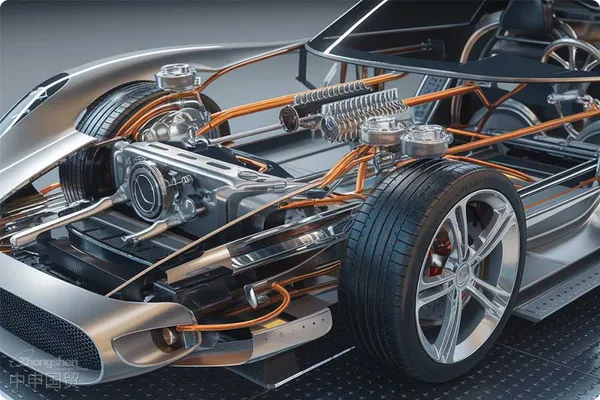

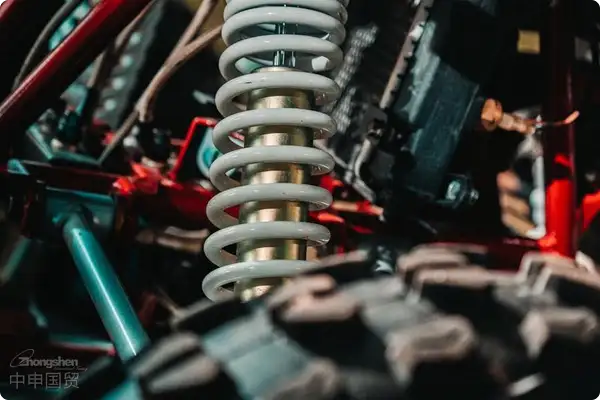
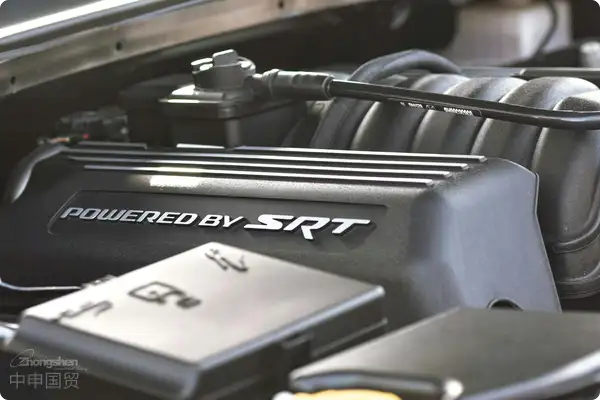
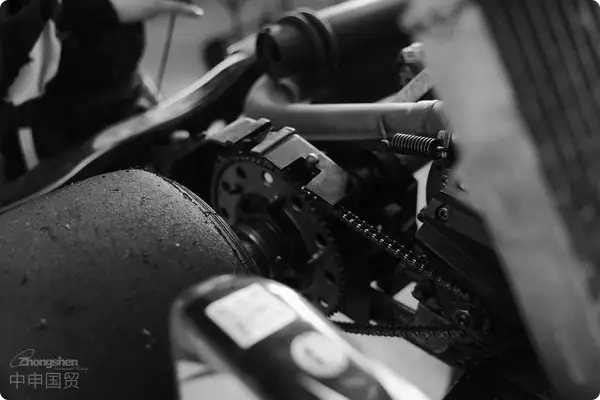
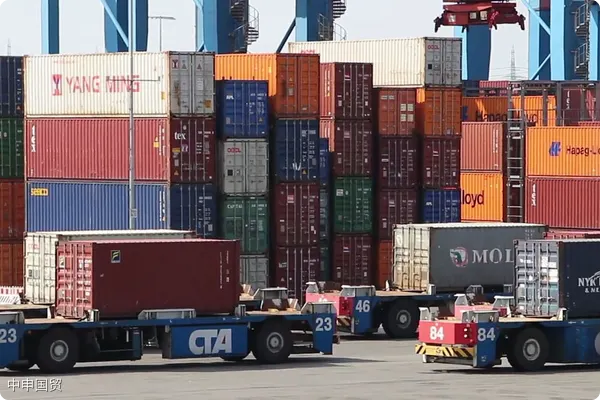

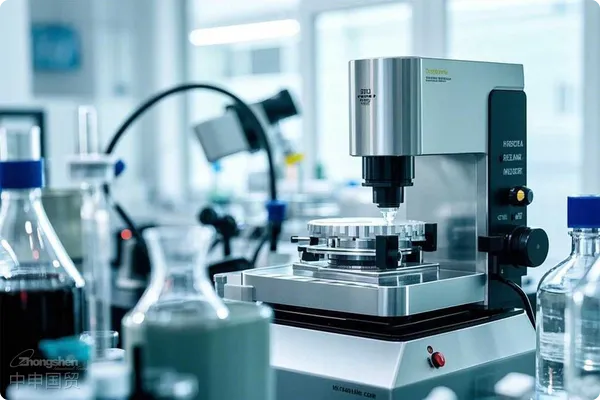

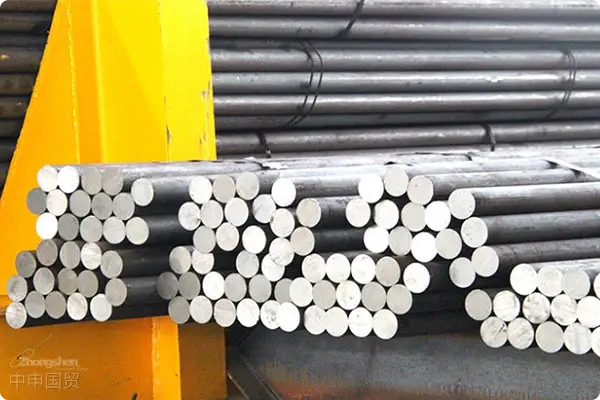
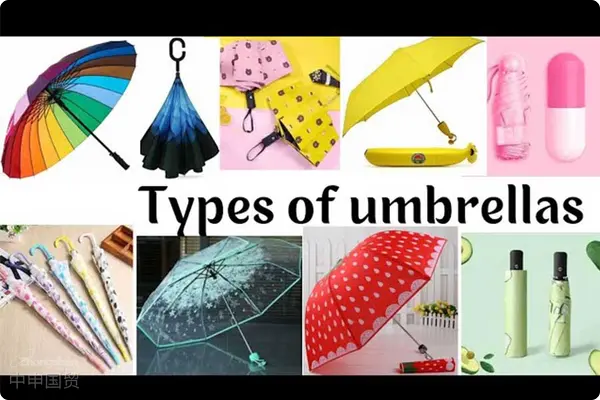

 PSB Record: Shanghai No.31011502009912
PSB Record: Shanghai No.31011502009912



